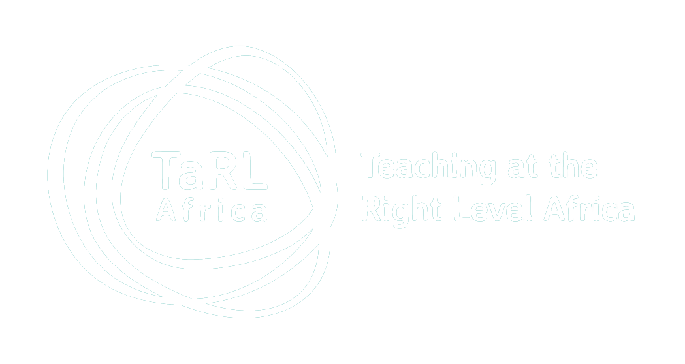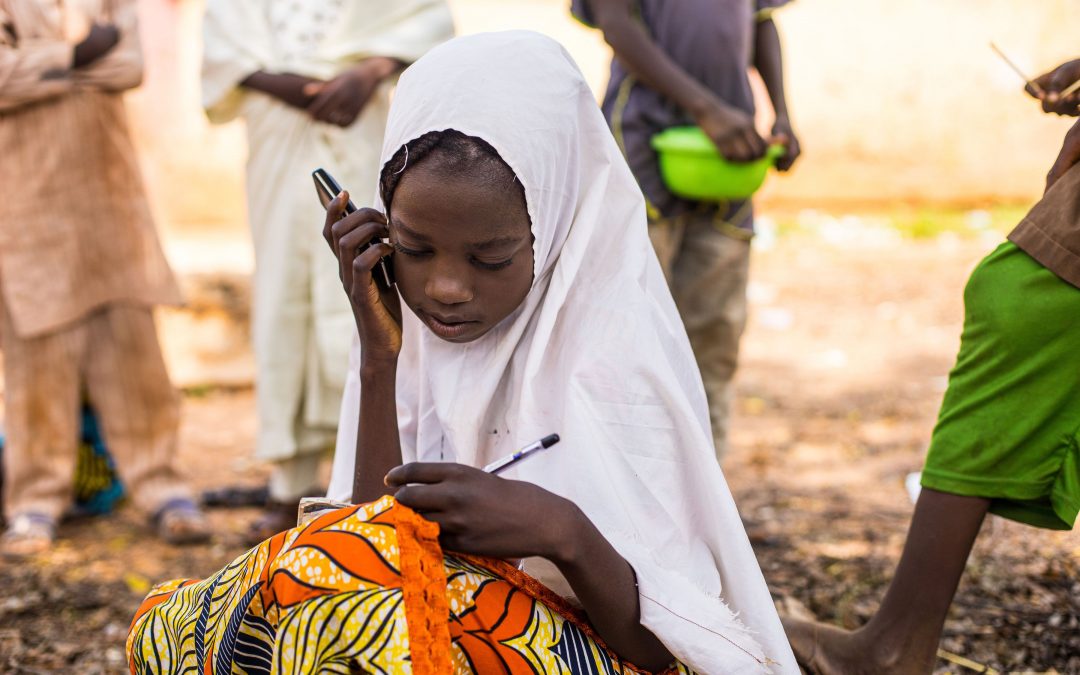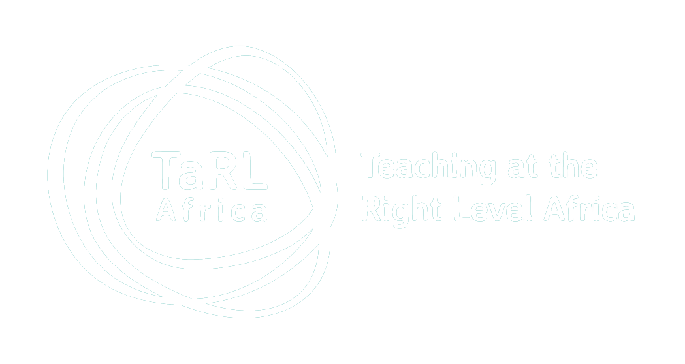The Pandemic’s Impact
News about COVID-19 sounded strange at the onset but gathered storm quite quickly. I recall speaking to a relative about the pandemic. He had said, “Don’t worry, it’ll be gone in two weeks. I believe that is what most Nigerians and citizens of other countries had thought as well. Everything went on as usual for our personal lives and work until 19th March 2020, when we received a federal government directive that schools should be shut by 23rd March. The directive and imminent school closure was nothing anyone had anticipated.
There were innumerable disruptions to development programmes, including for the Kano Literacy and Mathematics Accelerator (KaLMA), because of the pandemic, and COVID-19’s impacts did not apply any preferential treatments. The KaLMA programme which is aimed at building foundational literacy and numeracy skills of primary 4 to Primary 6 children in Dawakin Tofa and Wudil local government areas in Kano state was designed as an in-school programme and therefore required a functional school environment to be implemented. Given that the central objective for the existence of the programme was to ensure the improvement of foundational skills’ learning outcomes, efforts had to be made to ensure that the school closure was not a deterrent factor.
Key Takeaways
Everyone has had different reactions to the pandemic. Some of the key takeaways over the past year include the following:
Rapid decision-making: The pandemic necessitated swift action. The first decision was implemented within 24 hours: schools had to conduct a rapid mini-midline assessment of as many pupils as possible across the two programme local government areas (LGAs). This was essential to capture any improvements that may have been achieved in about 40 days of implementing KaLMA. Despite the short notice, teachers across 100 schools were able to assess over 10,000 pupils.
Needs assessment is essential: This is a general principle for programme design but was particularly pertinent in these circumstances. The pandemic caused us to dig deeper and more directly into understanding the environments that children live in and how the pupils’ socio-economic conditions would impact continued learning. The financial service sector would call this “KYC – Know Your Customer.” While many organisations were promoting internet-based solutions as favourable remote learning options, our needs assessment conducted through a phone survey clearly highlighted the impracticality of this approach in the programme communities. Thus, the remote learning approach adopted included dissemination of learning content through text messages, automated voice calls, interactive voice response (IVR) platform and radio programmes.
Flexibility in adaptation: Pivoting the programme was essential to the central goal of continuing the improvement of foundational skills. KaLMA was designed for schools, not homes. However, the pandemic reminded us that the home is the first learning environment of every child. Therefore, it was vital to make a switch to the home, an important learning environment, and involve parents as facilitators in their children’s learning. Designing a home-based learning programme required a complete overhaul of the KaLMA programme – we moved from implementing the TaRL approach as an in-school programme to a community camp model with little time to train the volunteers (parents) as facilitators or the children in adopting “social/physical distancing”. Additionally, the mode of communicating and sharing learning content with children had to be different. Our options included low-tech solutions like text messages and automated voice calls to parents alongside the traditional radio programmes. While these radio programmes gained significant prominence across many states, it has been difficult to estimate the actual reach of these radio programmes and their subsequent impact, however, feedback from pupils and their parents across Kano and neighbouring states provided during a weekly radio call-in programme indicates that the contents have been useful.
It is noteworthy that the flexibility of the programme and its success is attributable to the joint efforts of all the programme partners – Kano State Universal Basic Education Board (Kano SUBEB), Kano Ministry of Education, Sa’adatu Rimi College of Education, the British Council, Teaching at the Right Level (TaRL) Africa and the Foreign, Commonwealth and Development Office (FCDO).
Opportunity to learn new skills: The pandemic has been a stretch for everyone – positive for some and negative for others. But this experience has also had a bright side for some team members. Given the novelty of the pandemic and the programme pivots, most team members learned and practised new skills. For instance, the content leads had to develop learning activities using 170-character count as a yardstick because it would be sent via a text message. They also had to create radio scripts in rapid succession while working from home with intermittent electricity supply and internet. These new skills are a valuable addition to their CVs!
Overall, I would say that 2020 was an interesting year in a variety of ways. It brought to bear emphasis on adaptive principles for managing education programmes and on varied perspectives of the impact of the pandemic on programme goals and objectives. However, from where I sit, I would say that it has provided additional opportunities for learning!


